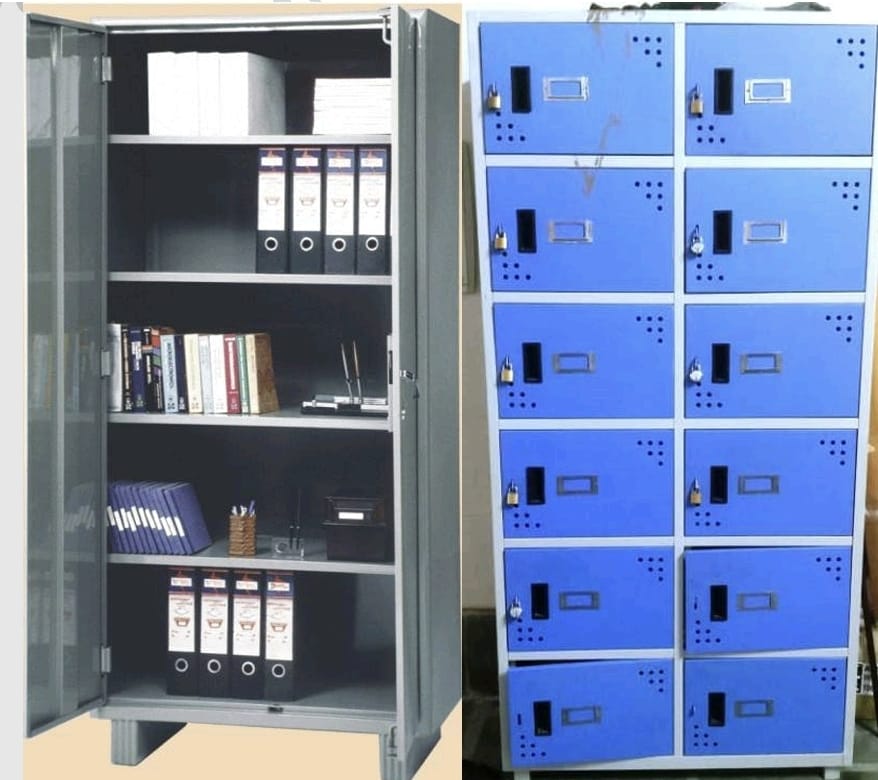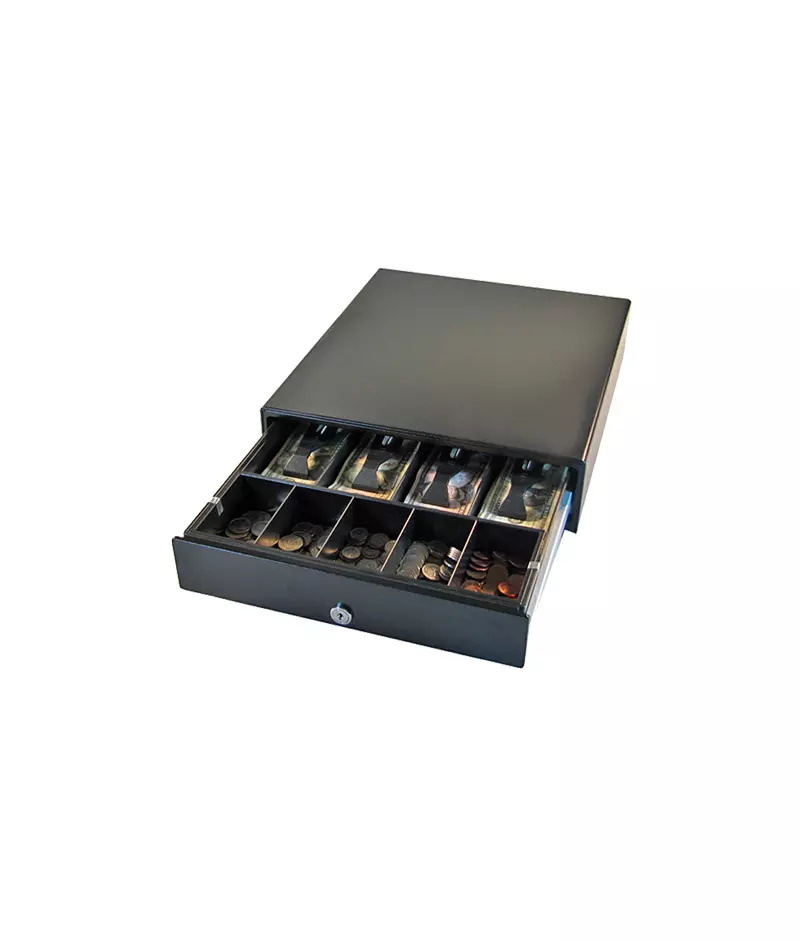Searching for a home is thrilling and exhilarating. When you finally spot that perfect house, it’s tempting to rush forward into escrow. However, slow down! One of the most important steps comes before making an offer: the home inspection. A thorough home inspection will uncover defects and issues you’d otherwise miss.
Hiring the right home inspector in California is critical. You want someone experienced, licensed, insured, and knowledgeable. With thousands upon thousands of houses for sale in California, there is no shortage of home inspectors. Sifting through all those options to find the best inspector for your needs takes work. But the effort pays off tremendously when you get an accurate, detailed inspection report.
This guide shares insider tips for selecting the ideal home inspector in California. Let’s review what a home inspector does, qualities to look for, questions to ask, things to avoid, and more. Armed with this advice, you can confidently choose a home inspector to thoroughly assess the property and provide the information you need.
What Does a Home Inspector Do?
A home inspector visually examines the physical structure and systems of a house. The inspection gives home buyers (and sellers) critical information about the overall condition, safety, and maintenance needs before purchase.
The inspector prepares a detailed written report outlining any issues found, such as:
- Structural problems
- Leaks
- Poor drainage
- HVAC defects
- Electrical issues
- Plumbing problems
- Pest damage
- Major systems nearing end of lifespan
- Safety hazards
- Code violations
Skilled home inspectors use specialized tools and methods to spot concerns that may not be obvious during a standard walkthrough. The inspection report serves as an objective third-party assessment of the home’s condition to inform purchase decisions and negotiations.
Qualities to Look for in a Home Inspector in California
Since the inspector’s findings carry so much weight in real estate transactions, you want someone who is competent, ethical, detail-oriented, and communicates clearly. Consider these top characteristics when searching for the best inspector:
1. Knowledge
A home inspector’s primary value comes from their breadth and depth of knowledge about home construction, components, and systems. Look for demonstrated understanding of foundations, roofs, windows, electrical, HVAC, plumbing, and more obtained through education, certifications, training programs, and years inspecting various home types. Knowledge empowers inspectors to thoroughly assess properties and recognize issues accurately.
2. Experience
Choose an inspector with extensive California home inspection experience specifically. The market contains homes of all ages – brand new constructions as well as century-old historic houses. Ensure your inspector has examined homes matching yours across their career. Ask about total number of completed inspections, range of home styles inspected, and years in the business. Experience sharpens observational skills and deepens understanding of what to look out for in California properties.
3. Certification
Many associations offer certifications for home inspectors based on education, testing, background checks, application reviews, signed codes of conduct, and continuing education requirements. These create standards across the occupation. Look for current certifications from organizations like the California Real Estate Inspection Association (CREIA) or International Association of Certified Home Inspectors (InterNACHI). Certifications signal credible inspectors committed to providing reliable home condition reports.
4. Insurance
Only hire an insured home inspector to protect yourself from liability. Inspectors should carry errors and omissions insurance plus general liability insurance. These compensate for mistakes impacting you financially, damage occurring on site, injuries, and other covered incidents. Verify current policies and coverage amounts in writing beforehand. Never utilize inspectors lacking appropriate insurance – it’s reckless and risky.
5. Strong References
References offer confirmation that an inspector provides quality inspections and reports consistently. Steer clear of those unwilling to share references. Reach out to a few references and ask about their experience, if findings were delivered professionally and promptly, what system/component defects went unnoticed if any, and if they’d recommend the inspector. Favorable references suggest inspectors who meet industry standards.
6. Accessible Communication
A major part of an inspector’s job happens through communication – explaining on site discoveries, walking through findings post-inspection, addressing follow up questions, etc. Select an inspector who contacts you swiftly, listens attentively, describes observations clearly using everyday language, demonstrates patience answering your questions, and generally makes complicated matters understandable. Good communication generates confidence in the inspection results.
By vetting inspectors thoroughly against these top traits – knowledge, experience, certifications, insurance, references and communication skills – you can zero in on trustworthy professionals delivering maximum value.
Red Flags to Avoid with Home Inspectors in California
Some home inspector behaviors warrant proceeding with caution or considering another provider instead:
- Lacking Credentials – No relevant experience, education, training certifications, insurance or references provided
- Vague Pricing – Does not share clear inspection rates upfront or charges seem excessively high/low
- Inflexibility – Unwilling or unable to complete inspection within your preferred timeframe
- Limited Communication – Hard reaching directly, delayed responses, does not proactively provide updates
- Rushing Inspections – Hurries through inspection, provides estimates only for how long it “should take,” seems harried
- Withholding Documentation – Does not supply sample reports ahead of time for reviewal
- Unprofessionalism – Makes disparaging remarks about other inspectors or companies, seems distracted
- Conflicts of Interest – Also works directly with real estate agents or home sellers
Trust your instincts too – if an inspector comes across overly sales-y, combative, impatient, or otherwise “off,” excuse yourself from engaging further.
What to Expect During Your California Home Inspection
Arriving prepared for what happens during a standard California home inspection keeps the process smooth. Inspectors examine properties from unfinished basements to kitchen cabinets to rooftop HVAC units. The work requires inspecting interior and exterior areas, utilizing ladders to peer above drop ceilings and check insulation, crawling into tight crawlspaces, and investigating utility boxes/panels.
These key steps occur:
- Intro Meeting – Review inspection plan, discuss current issues noticed by owners, identify home improvement projects, answer questions.
- Interior Inspection – Examine ceilings, walls, floors, windows, doors, plumbing fixtures, electrical outlets, built-in appliances, ventilation, fireplaces, stairs, mold/mildew, pests, and more room-by-room. Operate ceiling fans, test smoke alarms. Open all closets and cabinets.
- Roof & Exterior Inspection – Traverse roof checking shingles, vents, flashings, gutters and drainage for defects all while safely harnessed. Circle entire exterior scanning siding, stonework, windows, trim, doorways etc. Scope out landscaping, walkways, decks, patios, fences and exterior structures too.
- **Site Systems Inspection ** – Scrutinize property’s HVAC equipment, water heating systems, main electrical panels/wiring, plumbing pipes, sprinkler systems, security setups and more. Confirm proper installation and condition.
- Pool/Hot Tub Check (if present) – Gauge pump system, inspect surrounding patio/deck areas, test water, and assess pool house/storage buildings tie-ins.
- Garage Overview – Look for signs of pests, leaks, or wall cracks. Check garage doors, windows, safety sensors and openers thoroughly. Identify any concerns with built-in garage organizational systems.
- Notes & Photos – Document site observations and discoveries extensively through notes, photos, videos and used diagnostic equipment findings. Gather quantifiable data.
- Post-Inspection Debrief – Provide initial inspection discoveries, seek additional background details from owners for mysterious findings, and discuss the process for delivering a full report.
Skilled California home inspectors take two to three hours completing start-to-finish inspection. They inspect much more than meets the casual eye, utilizing specialized tools and methods perfected across hundreds of examinations. Enjoy learning more about your prospective property during the inspection too!
Ideal Home Inspector Reporting Practices
The inspector’s subsequent written report instantly boosts any property purchase/listing. But reports vary enormously in deliverables, detail, clarity and value.
Exceptional California home inspection reports:
- Arrive within 24 hours post-inspection (at most 48)
- Get presented in an organized, consistent standardized format
- Utilize clear categorizations and location-based descriptions – “hallway,” “secondary bedroom,” “rear deck” etc.
- Use everyday easy-to-understand language avoid insider jargon
- Contain quantifiable data from diagnostic device readings
- Include comprehensive photos pinpointing exact areas/components of concern
- List code requirements related to findings when applicable
- Provide cost range estimates for addressing more complex replacement/repairs needed
- Note which items demand immediate action to avert damages or ensure safety
- Include inspector contact information for follow-up questions
The best home inspection reports transform into indispensable home repair guides long after purchase. Having tangible documentation also proves invaluable for insurance claims and real estate disclosures down the road.
Who Pays for the Home Inspection?
In California, it is standard practice for home buyers to select and hire their own private home inspector. They shoulder inspection costs too. Fees depend on square footage, property age/style, geographical location, inspection components desired, and provider rates. Costs often fall approximately $300-$500+ though highly intricate inspections could run $1000 or more.
Inspections raise home buying expenses upfront but yield huge dividends over time through guided preventative home maintenance. Plus the inspector’s findings allow for educated purchase offer adjustments and repair negotiations too.
Preparing financing? Good news – inspection fees count as tax-deductible closing costs come tax season!
How to Assess Inspection Results
Receiving pages of inspection discoveries can feel overwhelming initially. Start by skimming the full report then dive back in. Most inspection findings belong to one of three categories:
- Immediate action required – Serious existing or imminent safety hazards, flood risks, structural failures and code violations requiring prompt attention.
- Further evaluation recommended – Concerns like mold growth or cracked foundations warranting specialist assessment to determine next repair steps.
- General maintenance – Older roofing, weathered siding, marginal drainage etc. needing proactive monitoring/future replacement maybe within 5-10 years.
Next gauge the feasibility of DIY repairs versus hiring pros, using the estimates provided. Weigh total projected costs against the home’s purchase price and your repair budgets/abilities. Generally focus first on addressing any dangers, infestations, or moisture intrusion.
If numerous big-ticket repairs emerge beyond original expectations, keep things in perspective. Very few properties, especially older homes, pass inspections flawlessly. Expensive defect discoveries simply mean better informed, eyes-wide-open purchasing rather than reasons to terminate entirely.
Lean on your inspector too as most happily explain specifics and point you to reputable contractors. Their support proves invaluable confronting inspection findings.
Don’t Skip the Home Inspection!
In summary, home inspections greatly empower buyers in California’s super-competitive housing market. But only with the right inspector properly evaluating the prospective property! Finding an experienced local home inspector who excels communicating and translating technical terminology is central to getting maximum value from your investment. Ask plenty of questions upfront, verify multiple glowing references, and review sample reports to hiring decision confidence.
While inspecting requires notable effort, time and money, think long-term. How many future headaches and expenses could expert property condition insights help you dodge? Protect yourself legally as well before purchase commitments. Ultimately a small infusion of effort now through an inspection saves boatloads over your years of calling a place home.




